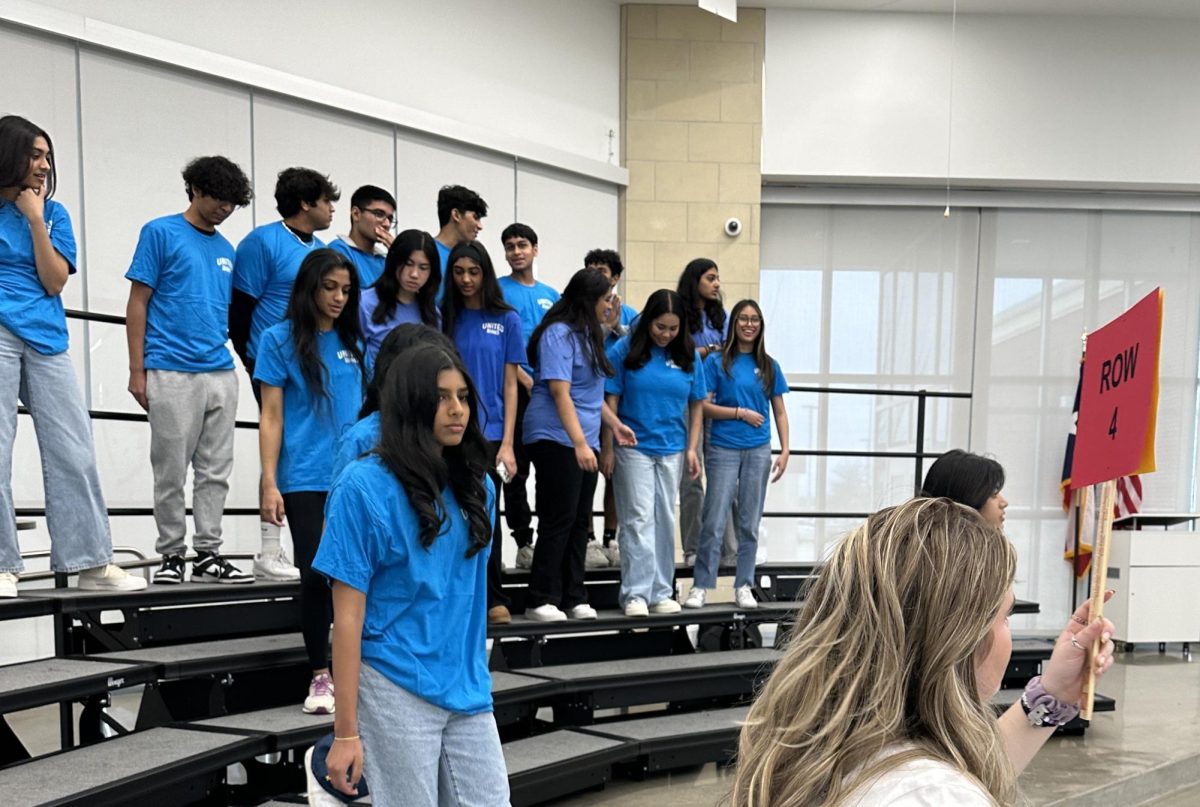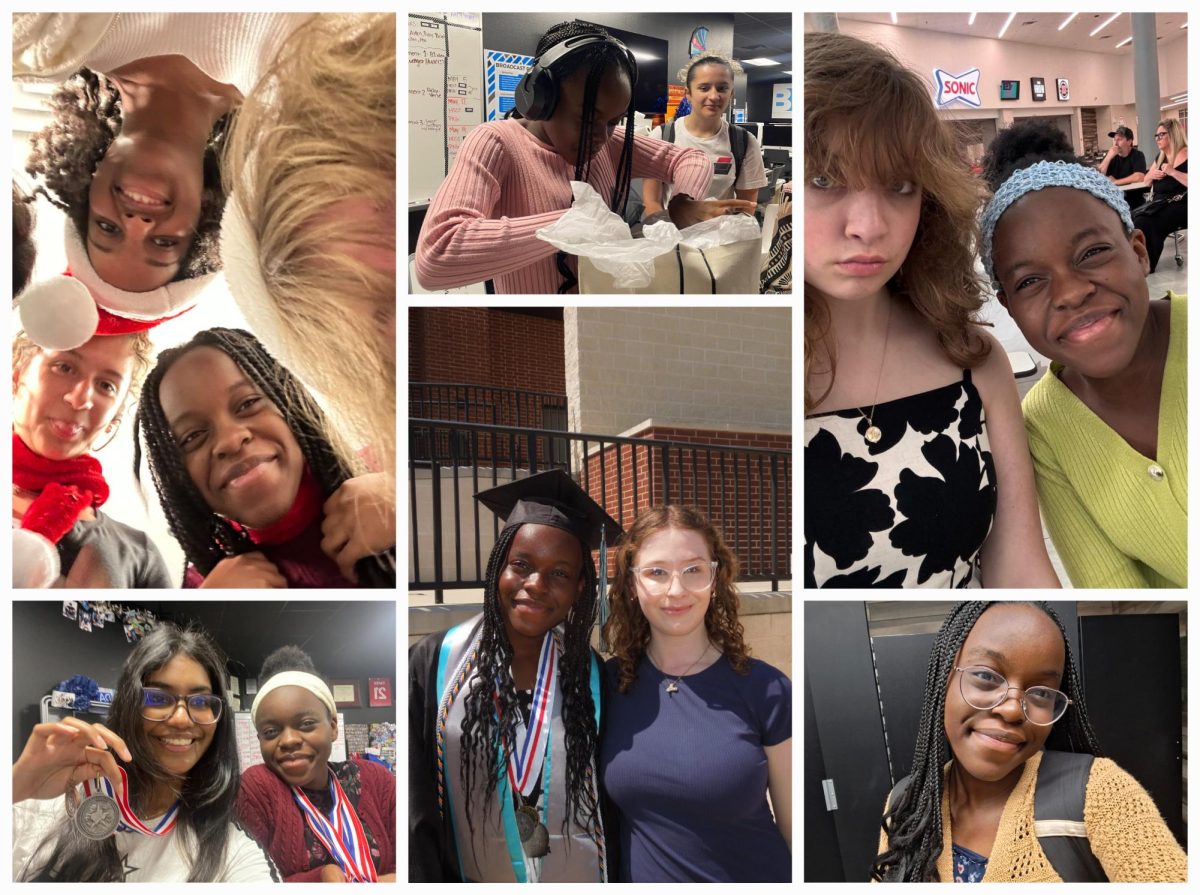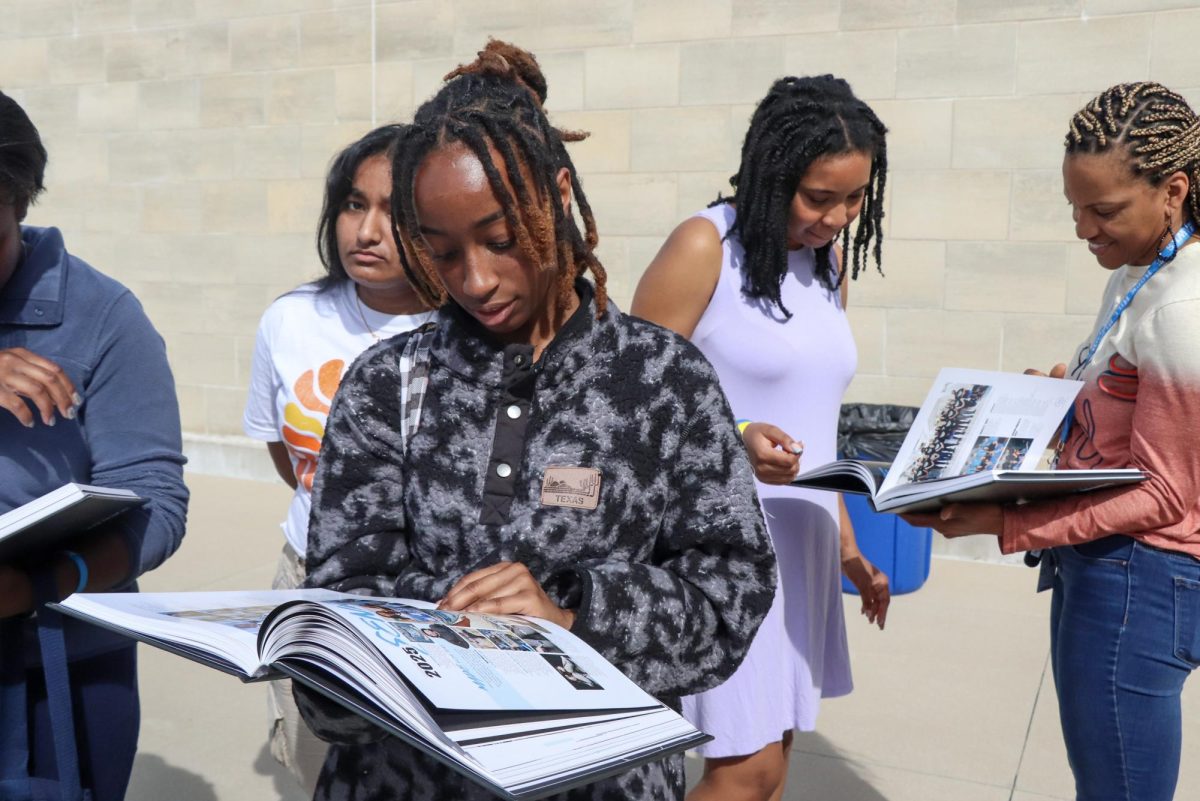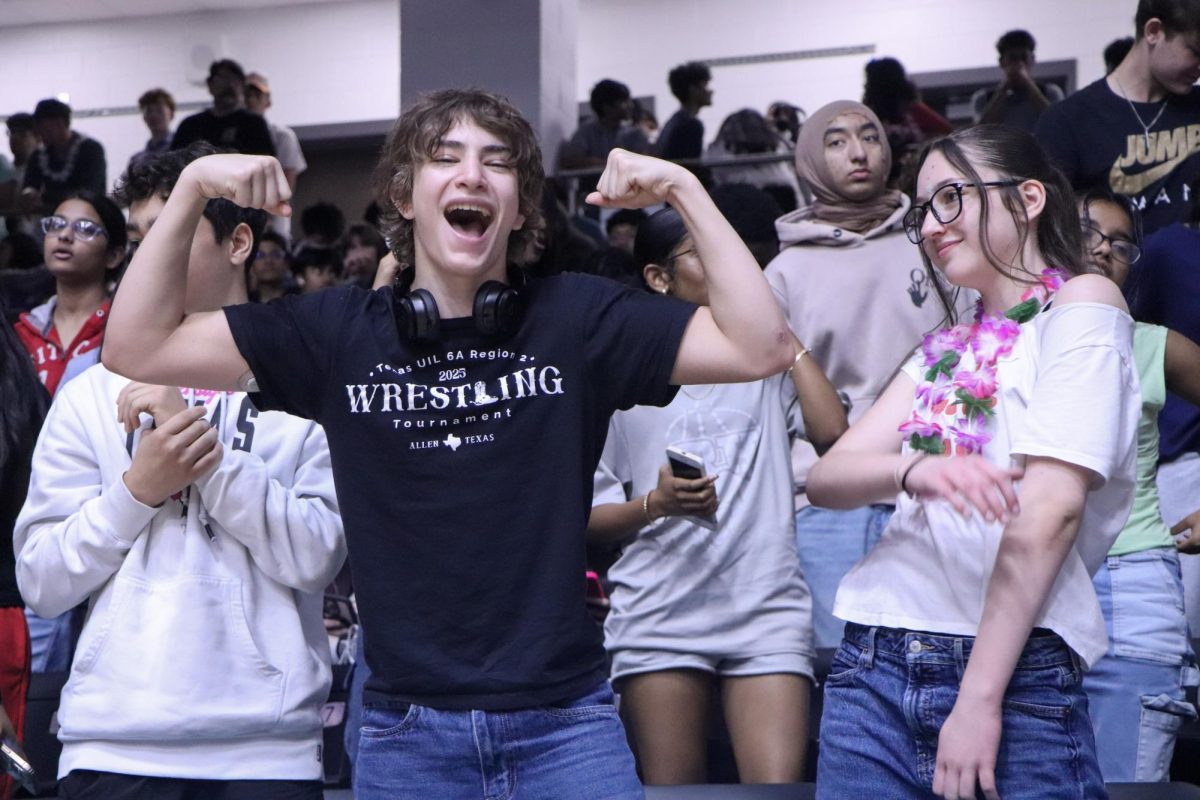Getting into a ‘good’ college seems to be the prize at the end of the race for many students, and college acceptance rates are shrinking. As college admissions for the class of 2025 approaches, students scramble to join clubs, with the belief that this will heighten their chances of getting into a top-tier college. With 80 clubs to choose from, many students embark on a club-joining spree, especially in their junior and senior year.
Many students boast their involvement in a large number of clubs. But at some point, clubs and extracurricular activities become mere checkboxes that are devoid of genuine passion or commitment. Are you really committed to eight clubs, all on top of AP coursework?
For many students, the thought process isn’t centered around what will make a genuine difference or foster personal growth. Instead, it revolves around the question of what will impress the college admissions officers.
Stat-padding is a troubling manifestation of toxic academic culture. In many cases, students engage in this behavior because they truly believe it is the only way to compete in the hyper-competitive college admissions process. The fear of rejection from top-tier colleges drives students to create this facade, where the extracurricular section of a college application becomes a carefully curated collection of activities intended to meet the perceived expectations of admissions officers.
Admissions officers, however, are increasingly adept at recognizing the difference between authentic engagement and strategic checkboxing.
“Students make the mistake of joining a bunch of clubs in 12th, and even 11th grade, and then not participating– they just pretty much join and maybe attend once or twice,” University of Michigan admissions counselor Ava Butzu said. “This is obvious to us. We don’t penalize students for trying something new late in high school, but we don’t get super excited about those things, either.”
Beyond bare participation in a club, admissions officers value awards and honors.
“A kid who loves to write and got an honorable mention in a writing contest, or a journalism contest– that’s cool to see,” Butzu said. “I wish kids would take more risks and enter more contests. They might even win scholarships or open up opportunities in the community this way. Awards in clubs like Robotics and Model United Nations/Debate, or DECA, or HOSA– these are great to see. Obviously you can’t win those awards if you weren’t committed to the club, right?”
Being a founder or leader of a club, organization, or fundraiser shows true dedication, compared to just being a member.
“At my school, we love to see sustained commitment and stepping up to leadership roles as students become upperclassmen,” Butzu said. “That is seen as character building, and gaining depth and growth from the experience.”
The emphasis should be on the depth and quality of a students’ engagement in clubs, not the quantity.
“For example, book club or even something like a mental health club is more of a filler if, and this is a big if, they can’t list any experiences or leadership in that area,” Butzu said. “If they explain how they fundraised for books for equity for everyone in the club, scheduled, advertised, and hosted the meetings, recruited and led a discussion– then we will know it’s a key experience and should be noted as valuable for the student. We also value students who are founders of clubs, organizations, fundraisers, etcetera.”
At the end of the day, every student is different and there’s no one-size-fits-all for how many clubs is “too many.”
“There is no ideal or balance,” Butzu said. “Some students are dedicated to dance, so they list their time in a studio, their time as a mentor or teacher (if they work for the studio), their time in Pom/Kickline. That’s all technically one activity, but it is 3 different experiences, so we value that depth in that thing they love.”
Joining too many clubs leaves students spread thin across various activities. Deep involvement in a select few clubs allows students to cultivate genuine connections and experiences. It provides an opportunity for meaningful interactions with peers who share similar interests and goals.
Admissions officers value commitments that allow them to see the students’ value. They can’t gauge your potential impact on campus life when you’re in a plethora of random activities.
According to Harvard Graduate School of Educations’ report “Turning the Tide,” a long list of extracurricular activities doesn’t particularly increase students’ chances of admission.
“Applications state plainly that students should feel no pressure to report more than two or three substantive extracurricular activities and should discourage students from reporting activities that have not been meaningful to them,” the report said. “Applications should provide room to list perhaps no more than four activities or should simply ask students to describe two or three meaningful activities narratively.”
Besides the vanity that can come with joining so many clubs, these extracurriculars are often a substantial time-commitment and can take a toll on the physical and mental health of high-schoolers.
Participating in too many extracurriculars while managing the demands of academics and personal lives has inadvertently become a source of stress, burnout and exhaustion for many students.
Overcommitment often leads to students sacrificing much-needed downtime, sleep and relaxation, all vital components of maintaining a healthy mental state.
According to Better Health, sleep deprivation, even short-term, “can impact your brain’s functioning including your ability to remember, regulate emotion and attention, the speed [at which] you process information and the ability to have insight.”
The pursuit of success shouldn’t come at the expense of personal well-being. College is not the end-all be-all. Instead of joining extracurriculars just for the sake of it, students should feel encouraged to join extracurriculars they value and enjoy.
“When we read applications, we want to get super excited by the students’ experiences and their own enthusiasm for them,” Butzu said. “We are looking for students who stand out based on their beliefs, values, and life experiences, as well as their commitment and work ethic.”














